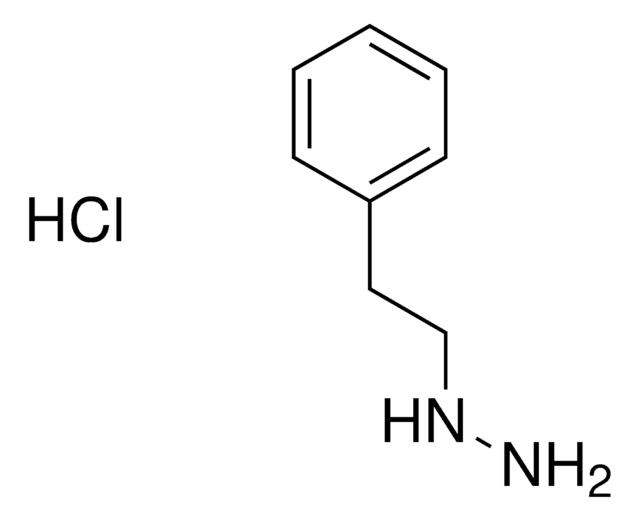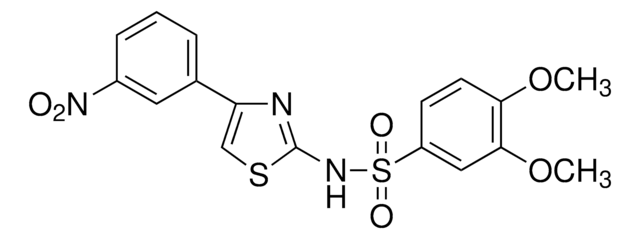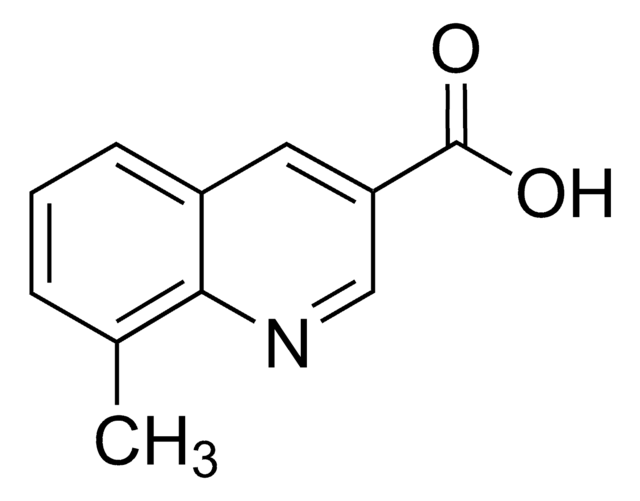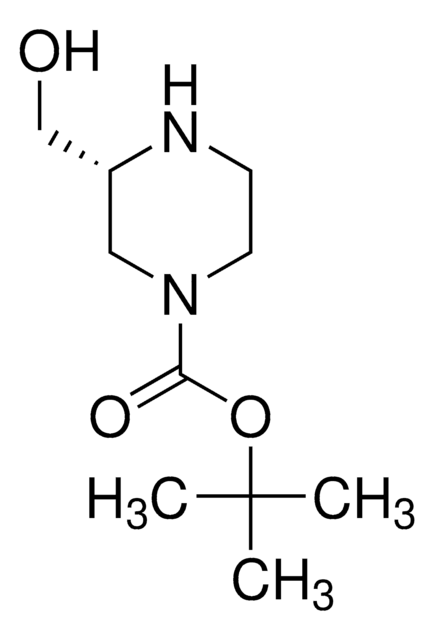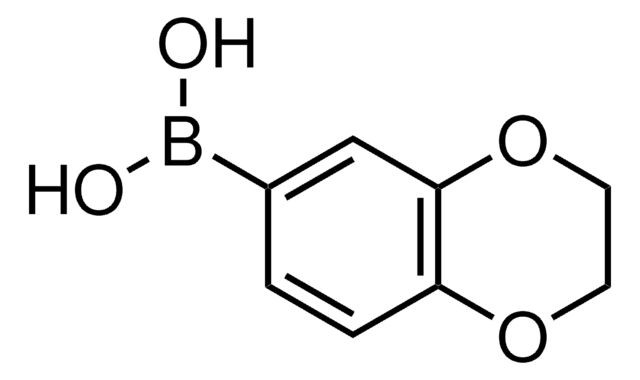SML0287
680C91
≥98% (HPLC)
Synonym(s):
6-Fluoro-3-[(1E)-2-(3-pyridinyl)ethenyl)-1H-indole
About This Item
Recommended Products
Quality Level
Assay
≥98% (HPLC)
form
powder
color
white to beige
solubility
DMSO: ≥10 mg/mL
storage temp.
2-8°C
SMILES string
Fc1ccc2c(\C=C\c3cccnc3)c[nH]c2c1
InChI
1S/C15H11FN2/c16-13-5-6-14-12(10-18-15(14)8-13)4-3-11-2-1-7-17-9-11/h1-10,18H/b4-3+
InChI key
YBSDQTBCNYWBMX-ONEGZZNKSA-N
Application
- as a tryptophan 2,3 dioxygenase (TDO) inhibitor to study its effects on the pigmentation in Doryteuthis pealeii embryos
- as a TDO inhibitor to study its effects on esophageal squamous cell carcinoma in xenograft tumor assay
- as a tryptophan 2,3 dioxygenase 2 (TDO2) inhibitor to study its effects on toxic fragment formation in human embryonic kidney cells
Biochem/physiol Actions
Signal Word
Danger
Hazard Statements
Precautionary Statements
Hazard Classifications
Eye Dam. 1
Storage Class Code
11 - Combustible Solids
WGK
WGK 3
Flash Point(F)
Not applicable
Flash Point(C)
Not applicable
Certificates of Analysis (COA)
Search for Certificates of Analysis (COA) by entering the products Lot/Batch Number. Lot and Batch Numbers can be found on a product’s label following the words ‘Lot’ or ‘Batch’.
Already Own This Product?
Find documentation for the products that you have recently purchased in the Document Library.
Our team of scientists has experience in all areas of research including Life Science, Material Science, Chemical Synthesis, Chromatography, Analytical and many others.
Contact Technical Service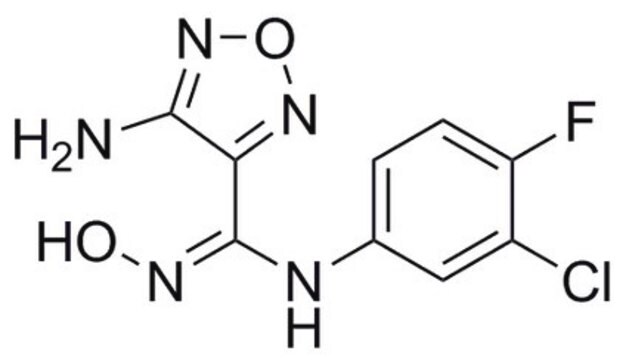
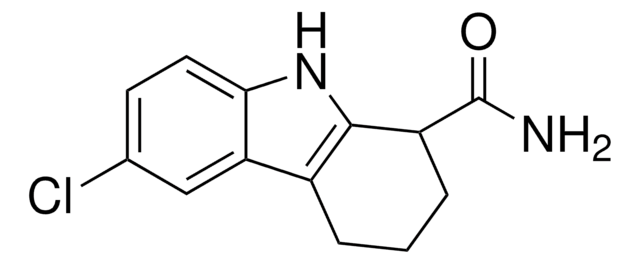
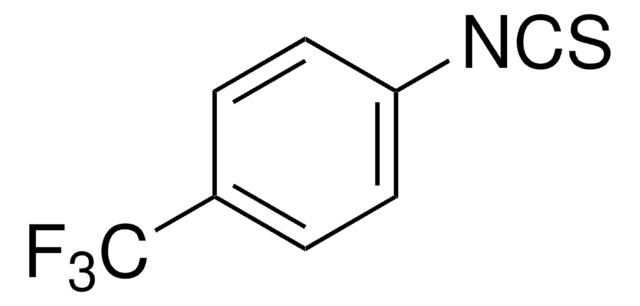
![2,4-Dichlorothieno[3,2-d]pyrimidine AldrichCPR](/deepweb/assets/sigmaaldrich/product/structures/408/704/0886c958-6ca7-40e3-91c0-ecc81fbfe483/640/0886c958-6ca7-40e3-91c0-ecc81fbfe483.png)

